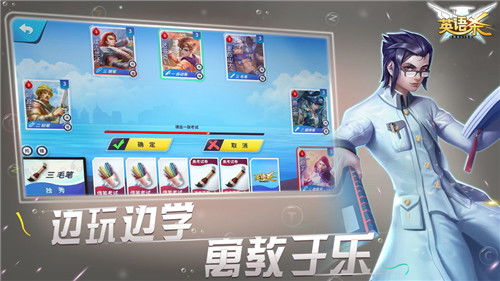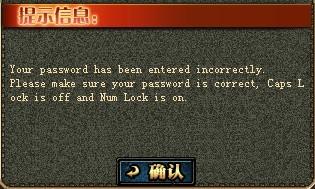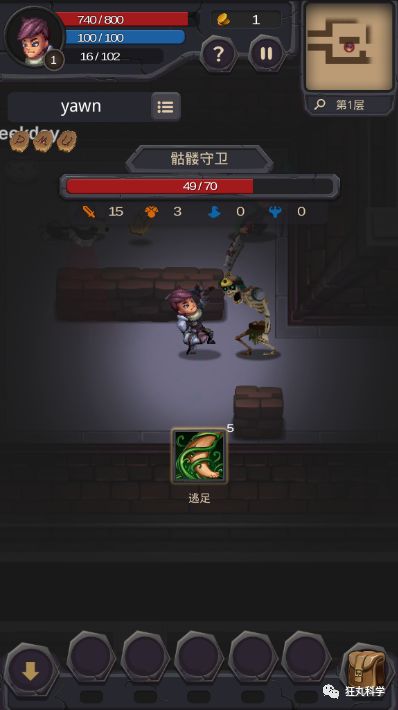来源:小编 更新:2024-12-21 05:00:51
用手机看

In the vast world of gaming, encountering a game failure is an experience that most players are familiar with. Whether it's a defeat in a competitive match or a moment of frustration during a single-player adventure, failures in games are an inevitable part of the gaming journey. This article delves into the various aspects of game failures, their impact on the player's experience, and how they contribute to the growth of the gaming community.

Game failures can manifest in various forms, each with its unique characteristics and causes. Some common types of game failures include:
- Technical Failures: These occur due to bugs, glitches, or hardware issues that disrupt the gameplay experience.
- Strategic Failures: These happen when players make poor decisions or underestimate their opponents, leading to defeat.
- Personal Failures: These are moments of frustration or disappointment that players may experience due to their own performance or the game's design.
Understanding the causes of these failures is crucial for both developers and players. Game designers must address technical and strategic failures through continuous updates and improvements, while players can learn from personal failures to enhance their skills and strategies.

Game failures can have a significant impact on a player's experience. Here are some of the emotional and motivational effects:
- Emotional Impact: Failures can lead to feelings of frustration, disappointment, or even anger. However, they can also evoke a sense of determination and resilience.
- Learning Opportunity: Failures provide valuable lessons that can help players improve their skills and strategies.
- Community Bonding: Sharing experiences of game failures with other players can foster a sense of camaraderie and support within the gaming community.
It's important for players to recognize that failures are a natural part of the gaming experience and that they can be overcome with persistence and a positive mindset.

To overcome game failures, players can adopt the following strategies:
- Learn from Mistakes: Analyze what went wrong and identify areas for improvement.
- Practice Regularly: Consistent practice can help players refine their skills and increase their chances of success.
- Stay Positive: Maintain a positive attitude and view failures as stepping stones to success.
- Seek Support: Engage with the gaming community for advice, encouragement, and motivation.
By implementing these strategies, players can turn their game failures into valuable learning experiences and ultimately enhance their gaming skills.

Game failures play a crucial role in game design, as they help developers ensure that the game is balanced and engaging. Here are some aspects of game design influenced by game failures:
- Challenge Level: Game failures can indicate whether the game's difficulty level is appropriate for its target audience.
- Game Mechanics: Developers can refine game mechanics to address common failure points and improve the overall gameplay experience.
- Player Feedback: Failures provide valuable feedback that developers can use to make informed decisions about future updates and improvements.
By considering the impact of game failures, developers can create more enjoyable and rewarding experiences for players.

In conclusion, game failures are an integral part of the gaming experience. While they can be frustrating, they also offer valuable lessons, opportunities for growth, and a sense of camaraderie within the gaming community. By embracing game failures and learning from them, players can enhance their skills, improve their strategies, and ultimately enjoy a more fulfilling gaming journey. As the gaming industry continues to evolve, it's essential for both developers and players to recognize the importance of game failures in shaping the future of gaming culture.